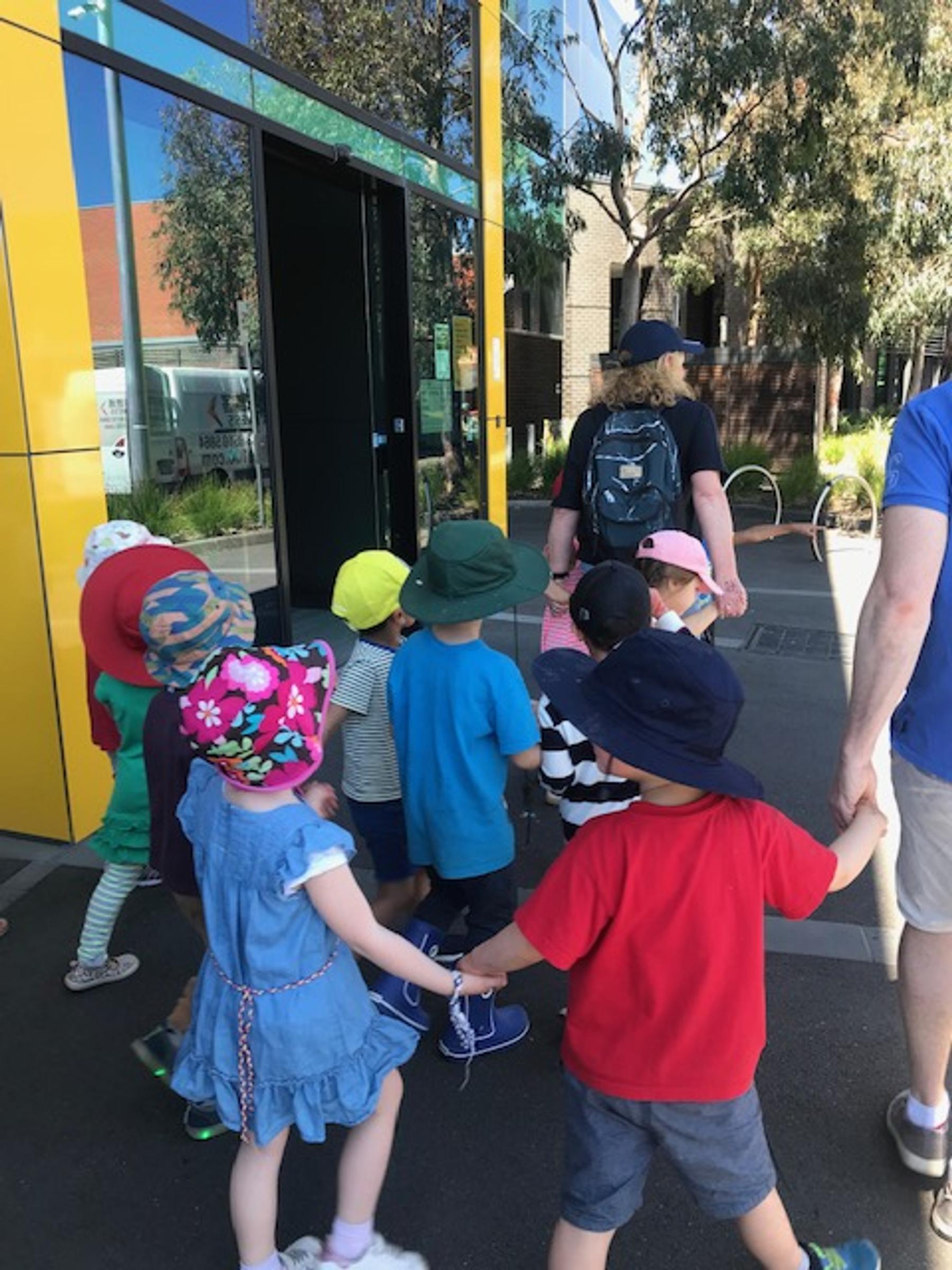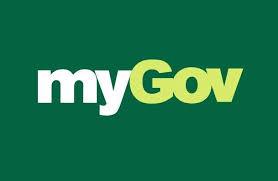Enrolment Information

Multi - age groups at kindergarten
GEKA currently offers multi-age group sessions at several services and will be offering even more in 2022. Groups of children aged three to five offer unique opportunities for learning, play and development. Educators adapt the curriculum and their teaching strategies to support children’s development to maximise the educational benefits for children of all ages. High quality programs are holistic in that they offer a wide range of experiences and opportunities for children to engage with and participate in successfully.
Children in multi-age groups will develop friendships and engage in learning just as they would in same age settings with the added bonus of being able to access peer support and lead learning for other children. These opportunities offer children the opportunity to develop more sophisticated social and emotional skills.
Where children are more likely to grow up in smaller families the benefits of learning from younger or older peers is significant. Older children are able to take a leading role in supporting younger children, providing mutual benefits of increased self-confidence and self-esteem. Younger children have access to positive role models that promote the development of skills in a variety of ways. Co-operative play and learning encourage the acceptance and support for a range of different strengths and capabilities in children, regardless of their age.
Children’s language development is fostered as older children role model for younger children and surround them with language of different levels and complexity. They are able to modify their language, behaviours and expectations based on the ages and understandings of the other children.
We have found these fears are no different to other ways that children are grouped, as even in children who are grouped by age there is a wide range of skill level, maturity level and experiences that impact on how and where children play and how they interact and get along with others.
Immunisation History Statement Reminder
Have I provided the kindergarten teacher my child’s up-to-date Immunisation History Statement?
After EACH immunisation, you should provide an updated Immunisation History Statement to the teacher at your child’s service to include in their records.
How do I get an Immunisation History Statement?
The quickest way to get your child’s statement is by using your Medicare online account through myGov or the Express Plus Medicare mobile app.
Alternatively, you can call the AIR on 1800 653 809 to request your child’s statement be posted to you. It can take 14 days to arrive by post.
What is the Immunisation History Statement used for?
To keep children safe. If there is a disease outbreak at the service, the document is used to identify children at risk (for example, children too young or those who can’t be fully immunised against a disease) who may need to stay away from the service until it is safe for them to return.
Receive reminders when your child’s immunisations are due by downloading smartphone apps to remind you when vaccines for your child are due.

